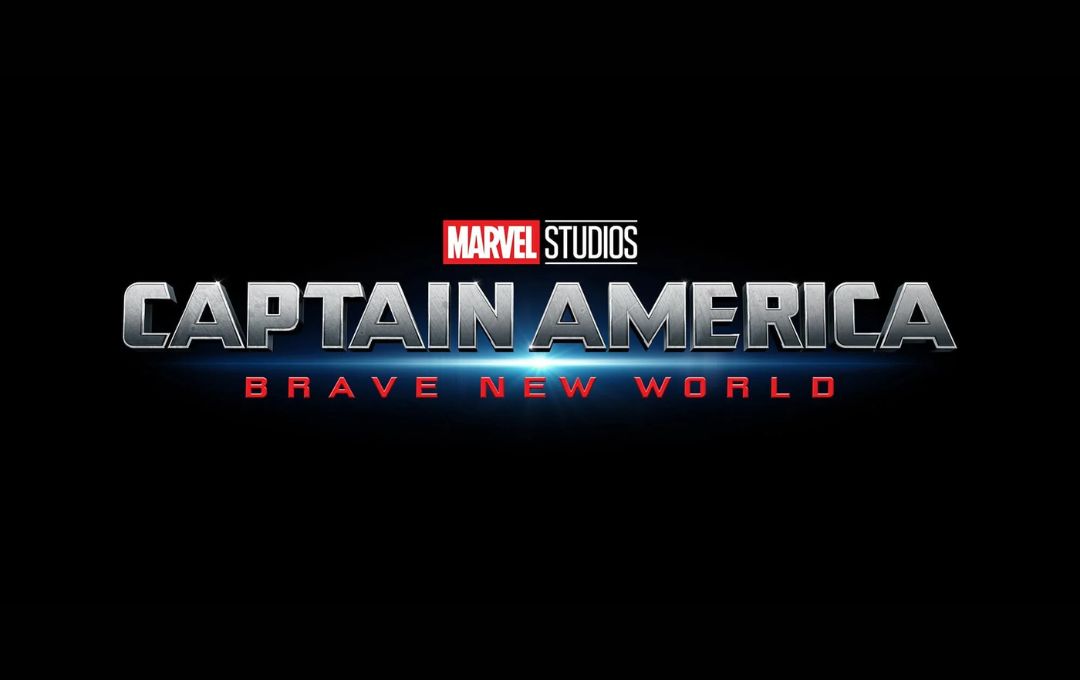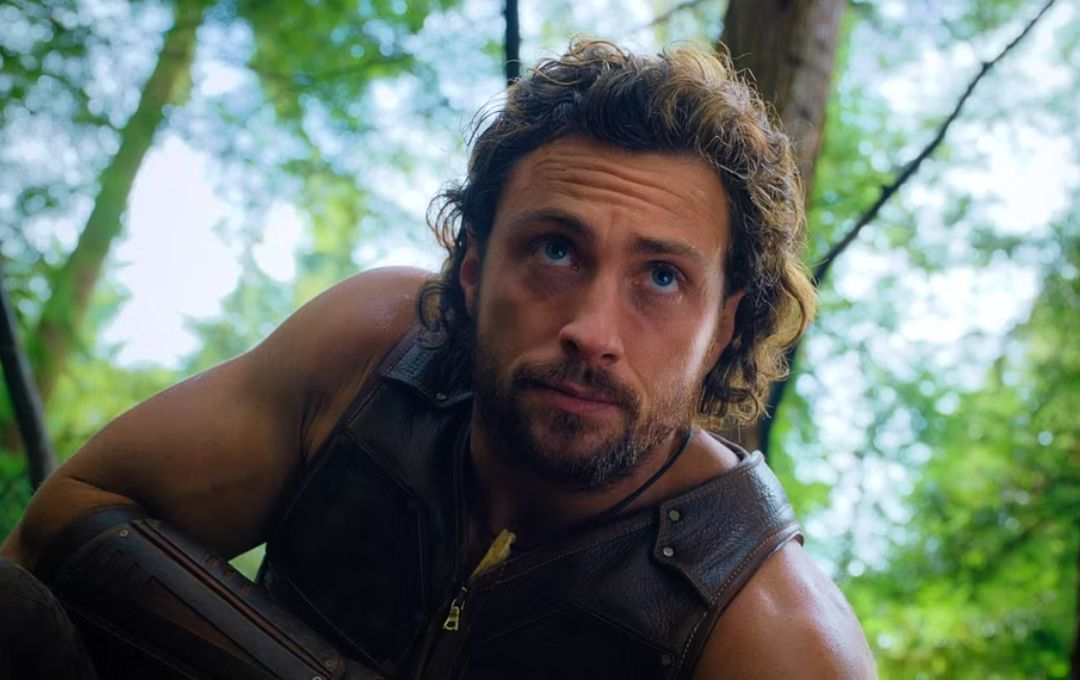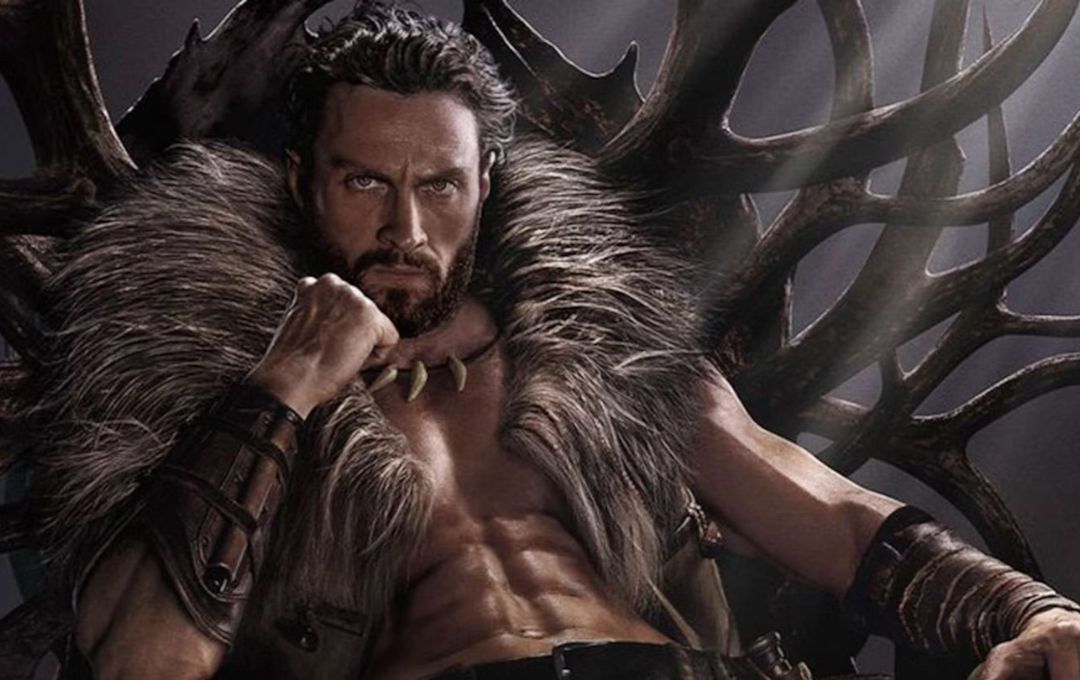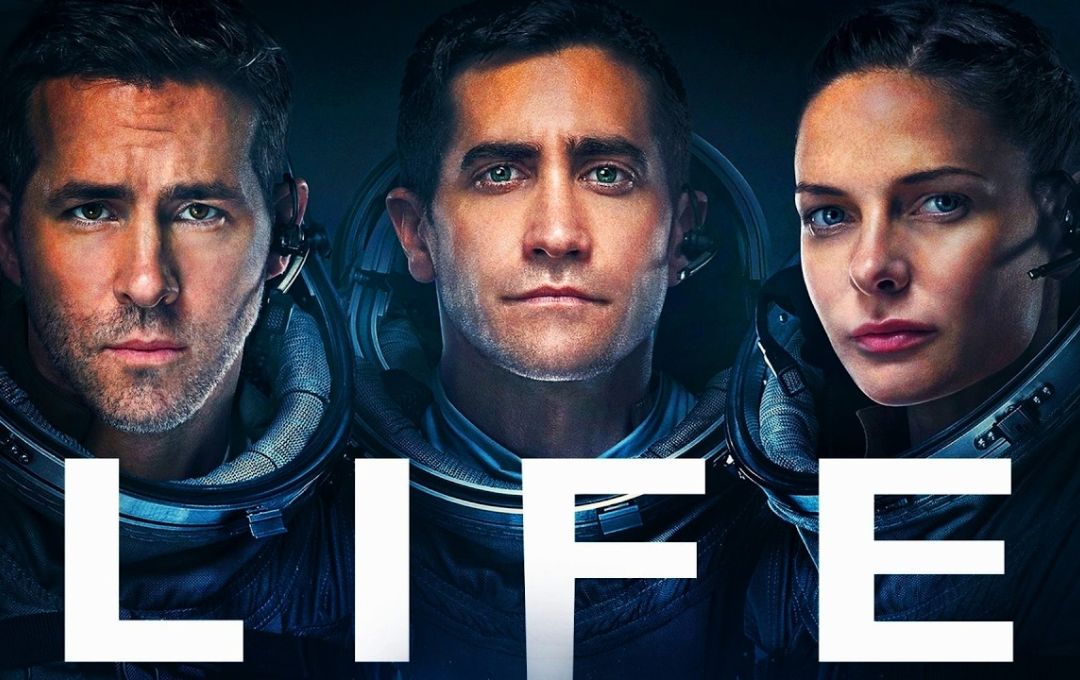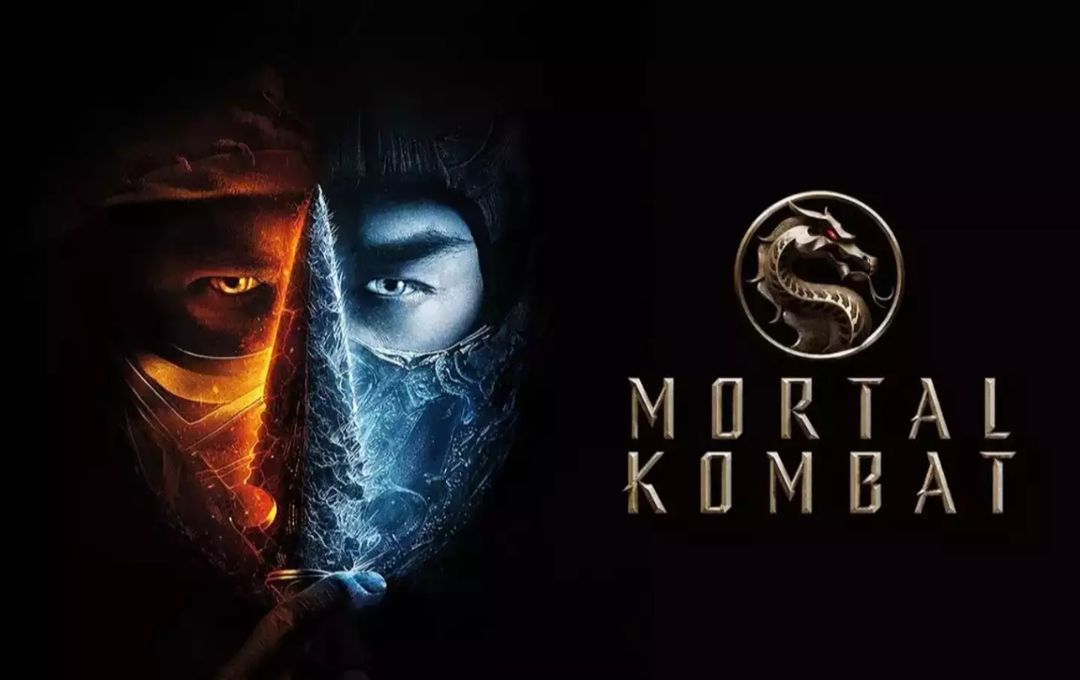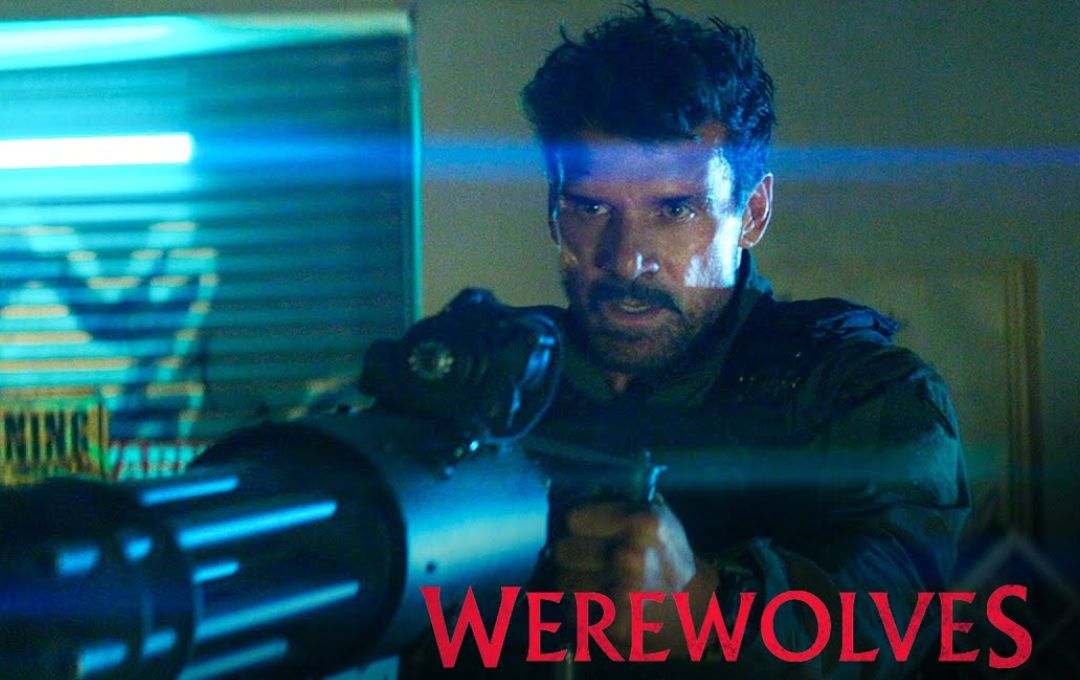Gladiator II Review: Ridley Scott’s Sequel Suffers from Familiarity, Despite One Standout Performance
In the realm of epic saga, if you can conquer Rome, you can conquer it all. Enter Lucius Verus
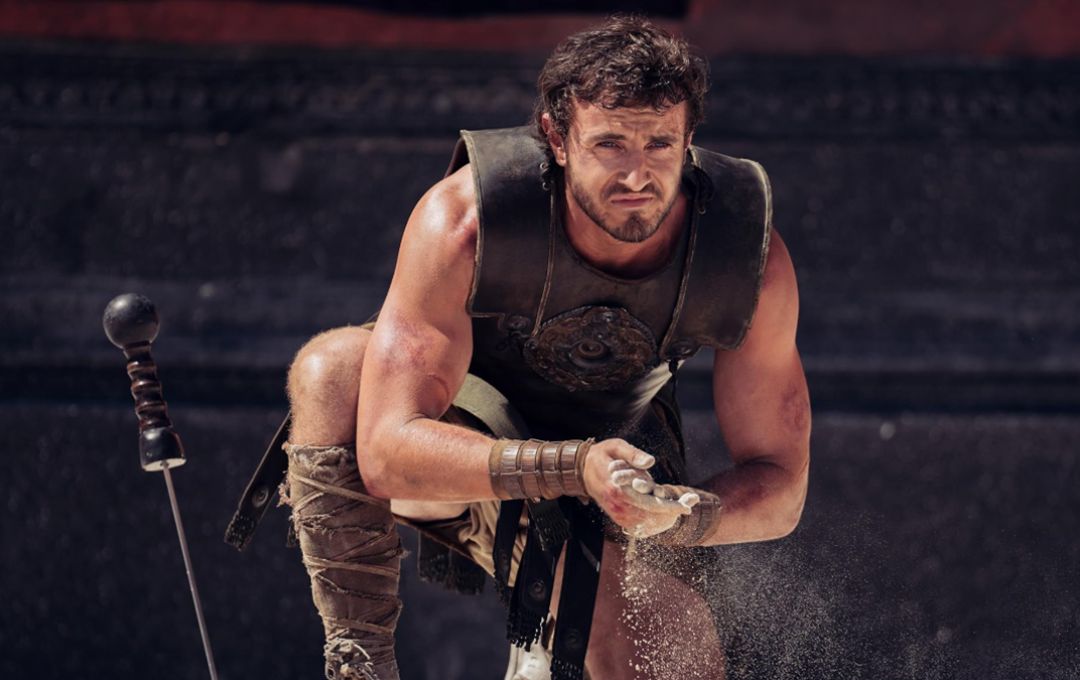
In the realm of epic saga, if you can conquer Rome, you can conquer it all. Enter Lucius Verus (Paul Mescal), the sandaled warrior at the heart of Ridley Scott’s latest venture, Gladiator II. Set in 200 A.D., Lucius enjoys a tranquil life in coastal Numidia, North Africa, complete with a loving wife, a flourishing garden, and leisure time to ponder his uncertain lineage. However, tranquility is shattered when Roman galleons, commanded by the ambitious Marcus Acacius (Pedro Pascal) — a former ally of Lucius’ father, Maximus Decimus Meridius (Russell Crowe’s iconic character from the original) — invade, driven by the desires of the twisted twin emperors, Geta and Caracalla (Joseph Quinn and Fred Hechinger).
As Acacius leads a brutal assault that reduces Lucius’ peaceful existence to ashes and claims the life of his beloved, Lucius finds himself enslaved and transported to Rome. His journey transforms from a naive country boy to a gladiatorial combatant. Purchased by the former slave turned gladiatorial entrepreneur Macrinus (Denzel Washington), Lucius navigates his new life with a burning desire for vengeance against Acacius, promising to claim the emperor’s head in return for freedom. In the backdrop, fate intertwines his path with that of his mother, Lucilla (Connie Nielsen), and thrusts him into deadly battles against both men and beasts. Yet, for all the potential excitement, Gladiator II falls short of capturing the magic of its legendary predecessor.
A Familiar Narrative Landscape: Gladiator II as a Remake
Set sixteen years after Commodus’ demise, Gladiator II finds Rome altered yet eerily similar. The Colosseum is failing to draw crowds, signaling a lessening public appetite for brutal entertainment amidst the chaos of the outside world, now mirrored by an effete ruling class afflicted by debauchery and madness. The twin emperors, squabbling rather than ruling effectively, seem far more invested in whimsical power plays than in the grand legacy of Rome depicted in the first film.
Right from the start, Macrinus identifies a smoldering rage, a ‘thumos,’ within Lucius, a fitting metaphor for his confinement. Yet, Lucius feels distant and simplified compared to the richly drawn character of Maximus. While Maximus resonated deeply with audiences through complexity and vulnerability, Lucius comes across more as a symbolic figure, representing broader themes rather than a well-crafted protagonist. The film’s exploration of revenge and the “dream of Rome” feels recycled, and while it attempts to portray a revolution led by these gladiators, it ultimately hinges on tired tropes and vengeful quests.
Scott’s sequel largely retraces the steps of the original, offering little new insight or innovation. Lucius, like Maximus before him, aims for systemic change through the violent sport of gladiatorial combat, yet the film lacks the depth or the character-driven storytelling needed to elevate it beyond mere homage. While the first film’s battles carried weight and consequence, the action here feels muddled, smothered beneath a haze of sepia tones and quick cuts, diminishing the visceral impact of combat.
An Engaging Ensemble Falls Short Against Superficial Material
Despite the shortcomings of the narrative, Gladiator II does boast a commendable ensemble cast, though they often struggle against the limitations of the script. The film’s lack of distinctive rhythm in both fights and narrative arcs is palpable. Lucius’ journey is repetitive, as he cycles through battles, contemplations, and interactions with Macrinus, Lucilla, or the on-site medic Ravi (Alexander Karim), without significant progression.
However, the film isn’t without its redeeming qualities, thanks largely to Denzel Washington’s performance as Macrinus. Washington’s charisma shines as he injects life into the story with a blend of humor and gravitas. His antics, whether adjusting his ornate attire or detailing the madness of imperial life, ground the film in a comedic contrast to its serious themes. He emerges as the standout character, adding a kinetic energy that is lacking elsewhere. His ability to hold the audience’s attention reinforces that no matter how muddled the lead character’s journey may be, Macrinus injects moments of brightness into an otherwise dreary tale.
In conclusion, Gladiator II tends to rehash familiar elements from the original without offering substantial differentiation or novel storytelling. While the film boasts an impressive cast and Washington’s magnetic performance provides moments of levity, it ultimately pales in comparison to its predecessor, feeling more like a faint echo of a once-great saga than a worthy successor.
Source: CBR

